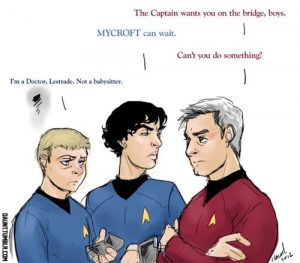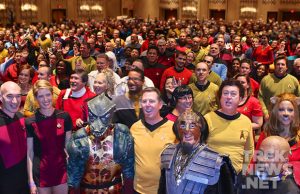Despite the massive success of Monty Python, comedy legend John Cleese decided to leave the show in the early ‘70s. Leaving behind a legacy of wildly successful surreal comedy, he joined his fiancé Connie Booth to work on another masterpiece, Fawlty Towers, an over-the-top satire originating from observation of an extremely rude hotel-owner in Torquay, England. The show was a smash hit, voted as the best British TV show of all time by the British Film Institute in 2000. Even so, some would take that endorsement by a large media enterprise as a condemnation—that it signifies the show’s mainstream success is due only to the peddling of the TV industry, who forced it upon the British people to establish certain roles and preserve the status quo. Yet, the farcical Fawlty Towers manages to accomplish something entirely different, not giving viewers a consolation prize for their depressing lives of work, but instead allowing for the realization that the necessity to conform exists. Fawlty Towers, at times, functions by providing enlightening hilarity, pointing out societal issues and questioning deeply-ingrained practices. Of course, the way viewers understand these social criticisms depends largely on their own environments. Nonetheless, the show ages well.

For some brief background, Basil Fawlty, played by John Cleese, and his wife, Sybil own a hotel which they run with the help of a maid named Polly, a Spanish waiter called Manuel (with comically bad English). The show centers around the interactions between the owners, workers, and their guests. Fawlty Towers does humor strikingly. So, when the plot goes wrong, it gets really absurd. Often, it is in a torrent of mistakes that laughter comes. One example comes from perhaps the most famous episode of the series, “The Germans,” in which German tourists spend a couple of nights at Fawlty Towers. Besides the usual barrage of slapstick, the episode is most remembered for Mr. Fawlty’s hilarious reminder: “Don’t mention the war!” After exclaiming this, Mr. Fawlty proceeds to mention World War II to the German guests in every sentence, causing one of them to cry. In the ensuing chaos, Mr. Fawlty retorts, “Well, they started it!” and after a denial by the guests, he responds brilliantly, “Yes you did, you invaded Poland!” Satire produces similar moments all the time, and the laughter that these scenes create is revelatory. In “The Germans,” the series makes fun of the inhibitory effects of British propriety, implicitly asking why it’s necessary to focus on what should not be said, rather than doing what is natural. Surely, if Basil hadn’t thought of the war throughout the guests’ stay, he would never have offended them about the war (although he surely would have in some other way).
To expound upon the corrective ability of satire, it’s necessary to look to writing on the form. Some look to A Handbook for Literature by William Thrall, who writes that satire is “a literary manner which blends a critical attitude with humor and wit to the end that human institutions or humanity may be improved,” and that “the true satirist is conscious of the frailty of institutions of man’s devising and attempts through laughter not so much to tear them down as to inspire a remodeling” (Harris, 1990). We can see these ideas exactly in “The Germans,” which attacks the constricting British notion of propriety. Indeed, although the goal of Fawlty Towers is not to critique the society in which it was created, Cleese’s farcical approach lends itself to social satire. One can note that Thrall insistence on remodeling, rather than tearing down, is in accord with the aforementioned episode, because the ideas that beget propriety are not attacked, but the necessity to cling to a notion of those ideas is. In other words, one can understand not mentioning World War 2 to the Germans because it would naturally cause tempers to run high; yet, the necessity to repeat to oneself not to mention the war, as a result of propriety, would be unnecessary and counterproductive to civility. The show questions a basic characteristic of the British identity with laughter.
The famous incident in “The Germans”
Laughter, though, is controversial. Instead of seeing laughter as something that can bring positive social change and alert people of their unwitting conformation, some see the natural reaction to humor as a tool of subjugation in the modern era. For example, in his 1947 polemic, “The Culture Industry,” critical theorist Theodor Adorno writes, “Wrong laughter copes with fear by defecting to the agencies which inspire it. It echoes the inescapability of power… In wrong society, laughter is a sickness, drawing [happiness] into society’s worthless totality” (Adorno & Horkheimer, 2006, p. 112). Although Adorno believes that all the laughter in the 1940s (and since) United States was of the wrong variety, he does allow for an alternative: “Reconciled laughter resounds with the echo of escape from power” (Adorno & Horkheimer, 2006, p. 112). Although acknowledging the presence of a good mode of laughter, he does not capture or allow for the revelatory laughter of satire, because he believes that “laughter about something is always laughter at it” (Adorno & Horkheimer, 2006, p. 112). This type of thinking is not compatible with laughter of satire, because viewers laugh about and at the excessiveness of the necessity to conform, yet they laugh about their identification with that necessity, not at it. When Cleese jabs at British propriety, the viewer’s laughter comes not only from the awkwardness of the situation, but also from the realization that the situation was imposed unnecessarily by a superfluous necessity to conform to what one should not do. Adorno, and thinkers like him seem to have missed that this sort of revelatory laughter exists, which satire does a brilliant job of bringing about. It is important to note that although the nature of the laughter may be revolutionary, it may not necessarily spur a person to action.
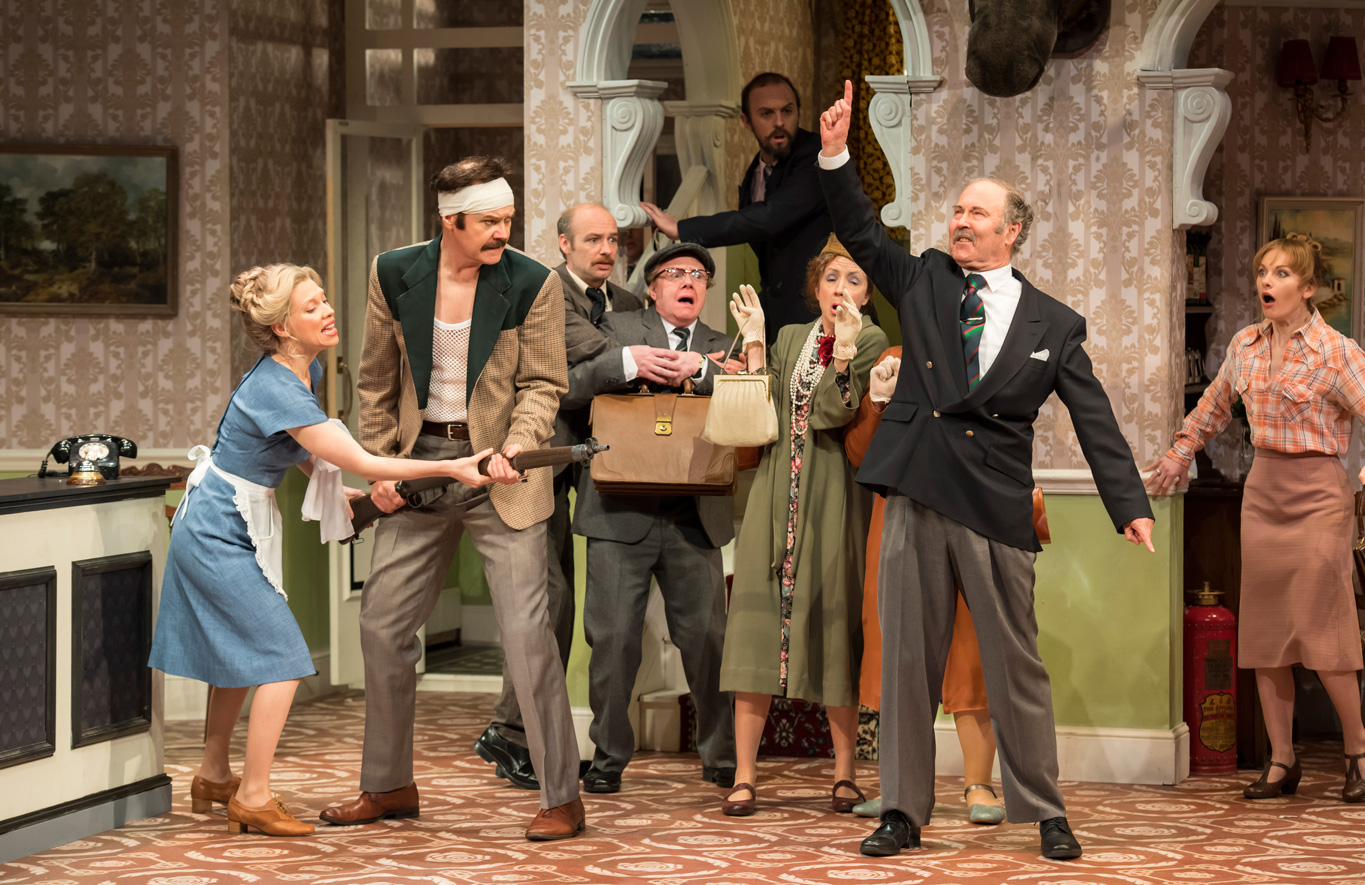
A key point of a counter-argument—that all laughter is a modern tool of subjugation—would be that the viewers do identify with the characters. Perhaps, one could even look to the long history of English eccentrics for whom many felt nationalistic admiration. As one article puts it, “We laugh at Basil because we see ourselves in him, and if Cleese is Basil then we don’t have to admit any of the typically British uptightness is ours too” (Davidson, 1995). Thinking like this implies that viewers would feel comfortable keeping their uprightness because Mr. Fawlty is an admirable scape goat, who makes even the most intransigent person seem amenable. Yet, the same article also says, “[Fawlty Towers] was a fairly painful assessment of the character of the nation” (Davidson, 1995). Accordingly, there is another interpretation, a more probable one given the nature and character of satire: the identification with the characters and the absurdity of the entire show allows viewers to reflect upon their own propensities and question what are really their own ideas, and what ideas society has inculcated in them.
This is the essence of the revelatory laughter. To better get at what I mean by that, one can look at the structure of Fawlty Towers. The show is set such that the characters have no leisure time, which interestingly connects to Adorno, who wrote, “The only escape from the work process…is through adaption to it in leisure time” (Adorno & Horkheimer, 2006, p. 109). For the characters of this show, their leisure time is literally the work process; they’ve adapted completely. Adorno and similar thinkers might argue that seeing these people who have it as bad as possible would make viewers feel better about their own horrendous work-life balances. Yet once again, the nature of satire can prevent people from feeling this way, instead drawing attention to the fact that many people’s lives have become solely about work. Fawlty Towers, with its all-out expansion of work, calls into question this social construct. In a similar vein, the show, through Basil’s ludicrous attempts to climb the social hierarchy, questions a focus on social status. Despite the fact that he already owns a hotel, Basil comes off as a petty and unhappy man. In “A Touch of Class,” for example, Lord Melbury comes to the hotel, and Basil accordingly treats him better than any other guest. By the end of the episode, though, it is revealed that Melbury is a thieving imposter. The show portrays the necessity to reach the top of the hierarchy as something futile and unworthy through a comedy of obsequiousness.
The full episode of “A Touch of Class”
Additionally, Fawlty Towers exhibits carnivalesque properties that beget revelatory laughter. So far, this essay has discussed how Fawlty Towers’ outrageousness was cause for such laughter, but there is also cause for laughter in the reversal of traditional relations, some of which are not completely overdone. Mainly, Fawlty Towers has three: the reversed power dynamic of Basil and his wife, the socially unacceptable reactions to the guests by the hosts, and the fact that the most sane person seems to be an art student. Of course in the traditional household, the man asserts dominance over the woman, but in the Fawlty’s relationship, Sybil incessantly tells Basil what to do, and Basil takes his frustration out on the guests treating them like they’re unwelcome pockets of annoyance. The show clearly portrays the art student, Polly the maid, as the most sane of any of the characters, contrasting the “impotence” (Adorno & Horkheimer, 2006, p. 106) Adorno predicts for people who don’t conform to the prevailing economic system. The less pronounced reversals in the husband-wife relationship and Polly’s portrayal, especially in comparison to the complementary ridiculousness of Mr. Fawlty himself, reveal to viewers that such interactions are in fact very possible, that conforming to those traditional standards is not the only option. The show accomplishes this with a hilarious juxtaposition of moderation and ostentatiousness.
But what about the fact that Fawlty Towers was made in the ‘70s in Britain? One BBC article (“What’s the point of satire?”, 2015), which focuses on morality, says, because of the globalized nature of the modern world, satire can no longer be effective; the varying notions of morality across culture prevent satire from working as a corrective. However, the fallacy in this type of thinking comes from the following idea: “if satire aims at the moral reform of a given society it can only be effective within that particular society” (“What’s the point of satire?”, 2015). Cleese himself once said of Fawlty Towers, “The characters are in some way archetypes; they’re the types that crop up in all the different cultures” (An Interview With John Cleese – Fawlty Towers Special Features, 2014). The British idea propriety doesn’t come to an average American’s mind when an average American watches the show. Yet, the viewer can still learn from the corrective trends of the satire (which aren’t always overtly moral), and choose exactly what to take away. I hope not to make this an argument about morality, but there are some similar moral characteristics of almost all prominent cultures in the world. For example, impropriety is considered disrespectful across cultures. Yes, the definition of impropriety may change, but with satire, the area of insight remains similar, especially for those who have an idea of what is being satirized. In this specific example, of course the attack on British propriety in Fawlty Towers is pertinent to many cultures, because it makes them question their own notions of propriety. Their laughter illuminates such ideas.
The interview with Cleese about Fawlty Towers
The pinnacle of great farce, Fawlty Towers will be remembered as a hilarious English cultural product. At times, viewers were treated to hilarious displays of original slapstick. Other times, they laughed at Basil and the rest of the characters’ shortcomings. Some of that laughter was revelatory; Cleese took jabs at existing British social constructs, showing viewers their existence. Even with that focus, Brits were not the only ones to benefit from Fawlty Towers, as it became a worldwide phenomenon. Unfortunately, after the show ended, Cleese said, “I can never do better than Fawlty Towers no matter what I do. Now I very much want to teach young talent some rules of the game” (“John Cleese — minister of comedic talk”, 2006). Here’s to hoping the young talent learns.
This essay was read by Ian Pultz-Earle. It is not a first draft.
Works Cited
Adorno, T., & Horkheimer, M. (2006). Dialectic of enlightenment (pp. 94-136). Stanford, Calif: Stanford Univ. Press.
An Interview With John Cleese – Fawlty Towers Special Features. (2014). Retrieved from https://www.youtube.com/watch?v=JEwoHwMCkVA
Davidson, A. (1995). ARTS: TO HELL WITH BASIL. The Independent. Retrieved 13 November 2017, from http://www.independent.co.uk/arts-entertainment/arts-to-hell-with-basil-1619527.html
Harris, R. (1990). The Purpose and Method of Satire. VirtualSalt. Retrieved 13 November 2017, from http://www.virtualsalt.com/satire.htm
John Cleese — minister of comedic talk. (2006). Retrieved November 15, 2017, from http://www.today.com/id/13280209/ns/today-today_entertainment/t/john-cleese-minister-comedic-talk/#.Wgz_YxOPKHo
What’s the point of satire?. (2015). BBC News. Retrieved 13 November 2017, from http://www.bbc.com/news/magazine-31442441


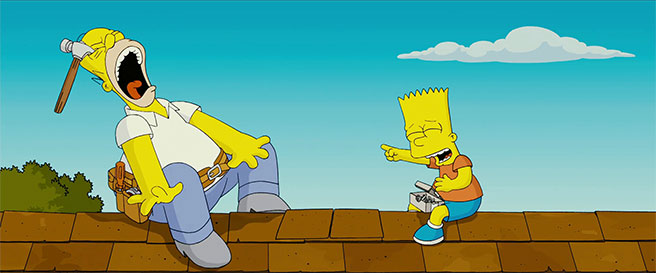



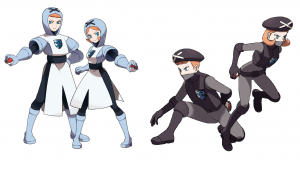
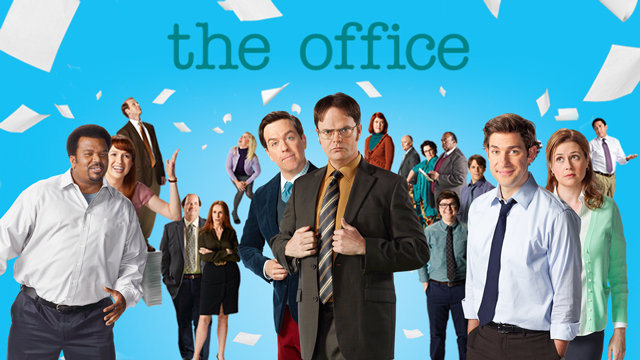
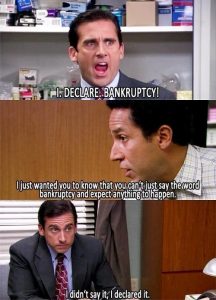






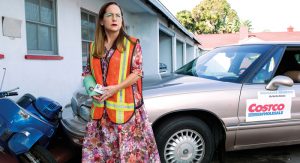
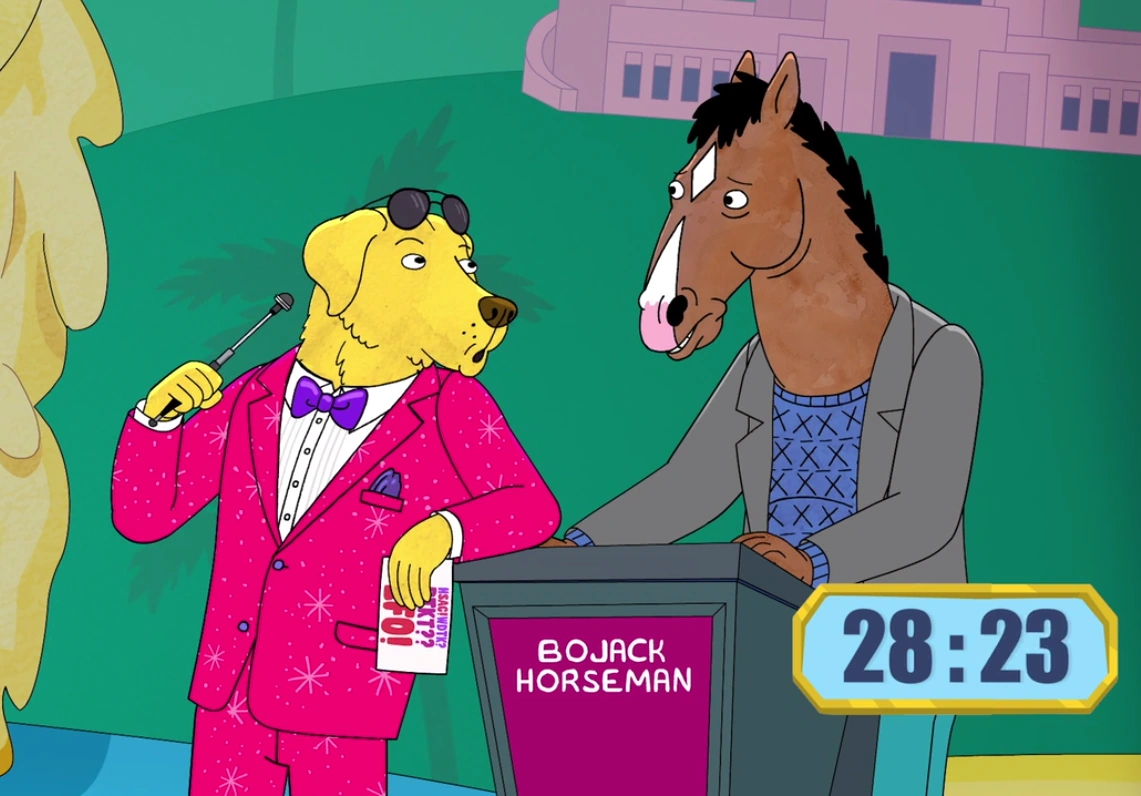

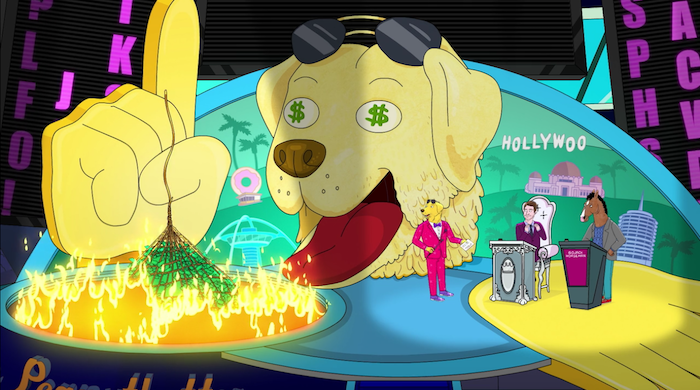
 As soon as Ed reached adolescence his hardships were only amplified by teenage angst and rebellion. His father John Sheeran, the no-nonsense son of Irish immigrants, grew tired of his son’s attitude having always pushed his children to be academically driven. He played the biggest role in influencing Ed to take initiative and work hard at the one thing he truly loved the most; music. (Chesterton) Rather than getting in trouble, Ed was driven to musical gigs of artists like Bob Dylan so that he could gain inspiration from those that made a career in music. (Chesterton) Validating his father’s determined efforts, Ed has dreamed about becoming a pop superstar since he was 13 and has never taken a day off in accomplishing this dream. (Chesterton)
As soon as Ed reached adolescence his hardships were only amplified by teenage angst and rebellion. His father John Sheeran, the no-nonsense son of Irish immigrants, grew tired of his son’s attitude having always pushed his children to be academically driven. He played the biggest role in influencing Ed to take initiative and work hard at the one thing he truly loved the most; music. (Chesterton) Rather than getting in trouble, Ed was driven to musical gigs of artists like Bob Dylan so that he could gain inspiration from those that made a career in music. (Chesterton) Validating his father’s determined efforts, Ed has dreamed about becoming a pop superstar since he was 13 and has never taken a day off in accomplishing this dream. (Chesterton) Yet Ed Sheeran did not only involve himself in musical gigs but also auditioned for “Britannia High” a British musical drama television series hoping to find some money. (The Famous People) Furthermore in 2009 he was accepted into the Academy of Contemporary Music in Guildford. (Chesterton) The key here is that while he could have received a proper music education he dismissed the opportunity contending that he could teach them a lot more about music than they could teach him, most likely due to his real life experience with performing in gigs and songwriting abilities. It was through this refusal from academies and educational institutions that he became recognizable figure in London’s gigging circuits allowing him to form relationships with artists in Hip-hop and other entertainment acts. (Chesterton) However, one of the most important steps that he made in his career was uploading his music online. It was through one of these videos that he was able to establish an invaluable connection with Example, a british rapper, singer,and songwriter. (Biography.com) Example was able to discover Ed Sheeran through online media and granting him the opportunity of performing as his opening act which drove his musical fan base and inspired him to write more songs. (Biography.com)
Yet Ed Sheeran did not only involve himself in musical gigs but also auditioned for “Britannia High” a British musical drama television series hoping to find some money. (The Famous People) Furthermore in 2009 he was accepted into the Academy of Contemporary Music in Guildford. (Chesterton) The key here is that while he could have received a proper music education he dismissed the opportunity contending that he could teach them a lot more about music than they could teach him, most likely due to his real life experience with performing in gigs and songwriting abilities. It was through this refusal from academies and educational institutions that he became recognizable figure in London’s gigging circuits allowing him to form relationships with artists in Hip-hop and other entertainment acts. (Chesterton) However, one of the most important steps that he made in his career was uploading his music online. It was through one of these videos that he was able to establish an invaluable connection with Example, a british rapper, singer,and songwriter. (Biography.com) Example was able to discover Ed Sheeran through online media and granting him the opportunity of performing as his opening act which drove his musical fan base and inspired him to write more songs. (Biography.com)

